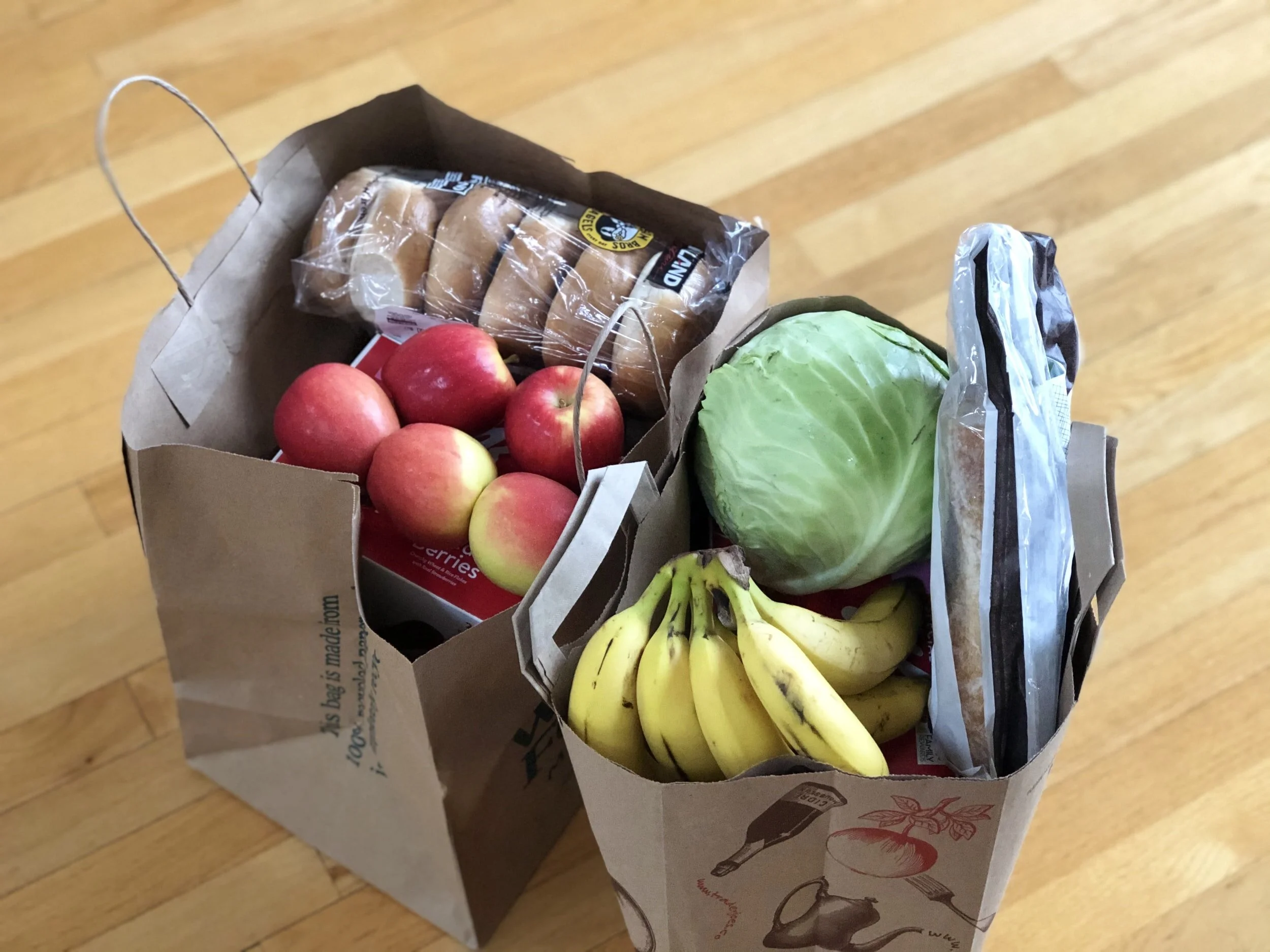Awesome Hacks To Help You Save Money on Food And Avoid Food Waste
By PAGE Editor
Do you spend a considerable chunk of your budget on food? Breakfast, lunch, dinner, and all the snacks in between. Whether you are a college student trying to put up with your student debt or a parent with a family to feed, buying food is almost like a full-time job.
Regardless of your thoughts about shopping for food, it is key to leading a healthy and happy life, so it is something we cannot do without. Every time you make a monthly budget, food has to take up a portion of your income.
On average, American households spend $7,729 on food alone if the figures published by the Bureau of Labor Statistics are anything to go by. Spending money on food is more than necessary. However, there are lots of loopholes that make it easy to go overboard in this category. You may find yourself making impulse buys at your local grocery store or buying take-out and morning lattes which can significantly increase your food expenses.
If you conduct an audit and find that you are spending more than what is necessary on food, you have come to the right place. Here, we have put together some essential tips for reducing your food expenses so you can divert the money to other important financial goals.
Plan ahead
Before you go shopping for food and groceries, take inventory of what you currently have left and in what amounts. It is an excellent way to make sure that you do not overspend. Create a thorough shopping list depending on your needs and menu for the week. Also, consider how you use leftovers from your meals. Having a light snack and sticking to your grocery plan is a great way to avoid impulsive buying or buying what you had not planned for.
Before creating your menu for the coming week, go through some ads to find out what products have an offer, what items are on sale, and what coupons you can use. Planning allows you to make the most out of coupons and deals, which can help you save money. You can sign up online for different services, so you get email notifications and coupons from the grocery stores you shop from.
Eat Healthily
Sticking to a healthy diet can help you save money. When you switch to a weight loss diet, you lose weight and cut your food budget. Most savings are associated with reduced portion quantities. Buying fewer foods with high calories can also help you save money since most of them cost more than their healthy counterparts.
If you carefully look at what you buy when you go shopping for food, a considerable percentage of your money is wasted on bakery products, soda, and chips with little to no nutritional value.
You get more value for money if you buy nutritional food at the same price. For instance, you only get empty calories from flavored drinks such as soda. Replacing them with more affordable sparkling water with 100% fruit juice splash can help save money.
Compare food prices depending on the servings you can make from them as well as their nutritional content. For instance, you get at least three or four servings from a pound of peaches. The price is very affordable when you divide the cost per pound. Good food should have high nutritional content and not lots of calories.
The cheapest options are canned, fresh, or frozen. If you crave sweet foods, go for seasonal fruits. Most fruits are fat-free and rich in nutrients and fiber. They are also natural energizers. You can also look for coupons on nonfat frozen yogurt and light ice cream to go with your fruit to create a healthy dessert with little fats and no calories.
Take Advantage of Sales and Coupons
Making meal plans based on what is currently on sale can help you save money on food. You can increase the savings even further by using coupons. All you have to do is find coupons that apply to the specific items you want to buy. You can always find coupons in most of the Sunday newspapers.
It is also advisable to bulk buy beans and other staples when they are on sale. The “buy one, get one free” offer is one you need to watch out for since it aims at getting you to buy twice as much food as you need at half the original price. However, the product can sometimes ring up half the price, so you can only save by buying more than one supply.
You can store surplus products in your freezer so you can use them later.
Avoid Food Wastage
Before you buy perishable foodstuffs, consider the different ways you will use them. We waste millions of tons of food annually. You can get creative by using leftover meat, poultry, or vegetables to make soups, stews, salads, or casseroles. It helps you cut costs and avoid food wastage.
If you have roasted chicken for dinner one night, you can use the leftovers to make the next night’s dinner. You can also top a bed of fresh greens with fruits, vegetables, and sliced leftover chicken.
You match this perfectly with presto and a loaf of whole-grain bread. In just a few minutes, you will have a healthy meal that will leave you full. The leftovers can make a great breakfast or lunch.
Buy Frozen, Dried, or Canned Products
Next time you go shopping for ingredients for a meal, try buying canned, frozen, or dried foods. They are more affordable than fresh foods, but they offer an equivalent nutritional value. Produce is frozen, dried, or canned when the ripeness is at its peak and nutrients plentiful. Poultry and fish are also flash-frozen to reduce freezer damage and prevent the loss of freshness.
Food is something you cannot live without, and you will have to buy it. Finding ways to save on food can help you save and make it easier for you to budget. Hopefully, with the tips provided above, you can find ways to cut your food expenses, whether you are making food at home or eating on the go.
HOW DO YOU FEEL ABOUT FASHION?
COMMENT OR TAKE OUR PAGE READER SURVEY
Featured











As more people look for high-quality kratom, to buy premium white vein kratom online has become the preferred choice for many enthusiasts.